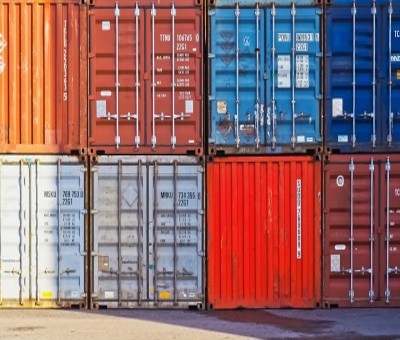
New Delhi, Rising current account deficit is a concern for the government and some of the major reasons behind its steep hike against the GDP are rupee depreciation, higher imports and falling foreign exchange reserves.
A cautious government, mindful of the looming threat that current account deficit may reach 3 per cent of the GDP, had recently taken some measures through the Reserve Bank of India (RBI) to bring it down.
Experts, however, feel that unless exports don't rise and import dependency does not come down, the Indian rupee's depreciation will continue and inflation will shoot up.
The government has raised customs duty on gold to 15 per cent from 10.75 per cent to bring down gold imports, which it feels may cool down current account deficit a bit.
On July 6 this year, the RBI had said in a statement that the global outlook is clouded by recession risks. Consequently, high risk aversion has gripped the financial markets, producing surges of volatility, sell-offs of risk assets and large spillovers, including flights to safety and safe haven demand for the US dollar.
Due to this, it said that emerging market economies are facing retrenchment of portfolio flows and persistent downward pressures on their currencies.
Keeping this scenario in mind, the central bank announced a series of steps aimed at distributing forex funding sources and reduce
volatility.
It exempted incremental foreign currency non-resident (bank) or FCNR (B) and non-resident (external) deposits of banks for computation of net demand and time liabilities to maintain cash reserve ratio and statutory liquidity ratio.
An FCNR account is meant for those who wish to hold the deposit in foreign currency. Presently, FCNR(B) deposits can be placed in six currencies through the US dollar, pound sterling, Japanese yen, euro, Australian dollar and Canadian dollar.
This relaxation will be available for deposits mobilised up to November 4. Transfers from non-resident (ordinary) or NRO accounts to NRE accounts shall not qualify for the relaxation, said the RBI statement.
In addition to this, the RBI also decided to temporarily permit banks to raise fresh FCNR(B) and NRE deposits without reference to current regulations on interest rates with effect from July 7. This relaxation is available up to October 31.
These steps were taken by the RBI at a time when the foreign exchange market was showing high volatility and the Indian rupee was fast depreciating compared to the US dollar.
However, economists and experts on their part don't feel too optimistic on whether these measures will have any immediate impact on the rising current account deficit.
"Exports are likely to fare worse in the next 12 months... Further, if oil prices continue to remain elevated over the coming months, then more corrective measures might be required. There is considerable uncertainty about the trajectory of oil prices going forward," said Sher Mehta, Director of Research at Virtuoso Economics.
Another expert said due to falling rupee and rising imports, trade imbalance will rise and all these will further propel the current account deficit.
Greater restrictions on outbound shipments has led to exports falling and this will lead to greater current account deficit, therefore the measures announced recently won't have the desired impact, he said.


.jpeg)

